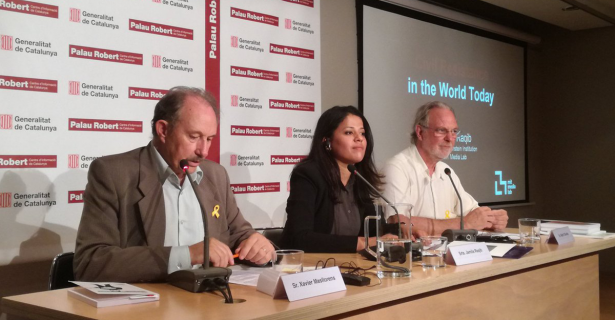As part of the Oslo Scholars program this summer, I’ve been working remotely for Jamila Raqib at the Albert Einstein Institution. The organization specializes in the study of nonviolent methods of resistance and how they can be used in conflicts globally. My work with the Institution has largely involved researching the use of nonviolent resistance in conflicts around the world today. I’ve learned about the civil disobedience of the Catalan Crisis in 2017-2018, the Abolish ICE sit-ins taking place across the US, and the Afghan Peace March, where nearly 200 men marched across the country during Ramadan to call for an end to the war between the Taliban and the government.
Since beginning this work with the Albert Einstein Institution, I’ve begun to shift my perspective on conflict in the world. I spend a lot of time studying the acts of abuse and repression perpetuated by those in power, which often leads me to see the world in a very negative light. With my work this summer, I am now also seeing the ways in which people can use strategic nonviolence to reclaim their dignity and rights in the face of authoritarianism and oppression. By constantly seeking out the ways in which nonviolence has been successful, I am training myself to always search for the potential of nonviolent action in ongoing conflicts.
My work with the Institution has also offered me a new way of thinking about a career in conflict resolution. The reason I came to Tufts to study International Relations was a deep interest in the field of conflict resolution. While I love my studies, I’ve often found that International Relations tends to focus on the big state and governments as they use methods of diplomacy or war to settle conflicts.
However, conflict resolution extends beyond those larger actors, and I found myself wanting to give greater attention to the people on the ground who are the most affected by any conflict and also the most implicated in any outcome. The desire to focus more on the individuals and societies within conflict zones is what drew me to supplement my studies with a second major in Anthropology. My work this summer with the Albert Einstein Institution has provided another way of learning more about these local actors.
I’ve learned so much from Jamila this summer about what it can look like to support the grassroots movements made up of the people most qualified to speak on behalf of their societies and needs.
Conflict may oftentimes be necessary when people face oppressive or authoritarian regimes, but there are ways that conflict can be waged without violence and to a more democratic and peaceful end.
While attending the Oslo Freedom Forum at the start of the summer, I spent a lot of time asking myself what my role is in supporting this type of nonviolent activism around the world. Working with the Albert Einstein Institution this summer has offered a new and exciting answer to that question.

